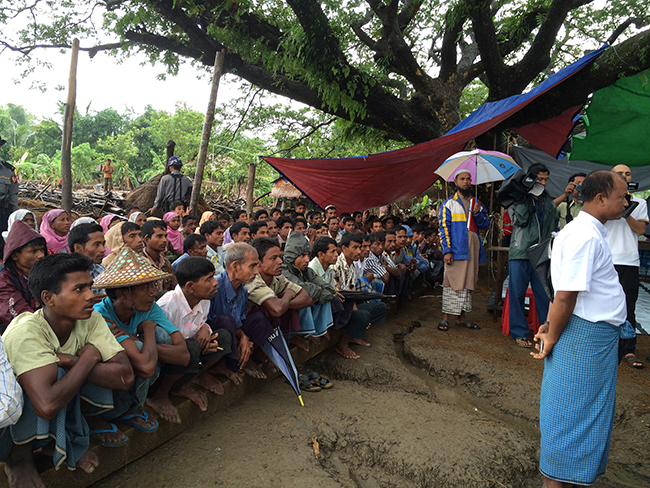Definition
Data collection is the process of gathering and measuring information on targeted variables in an established systematic fashion, which then enables one to answer relevant questions and evaluate outcomes (Wikipedia, Data Collection, accessed on Sept. 2015). Especially in flood risk management, when a major incident occurs and government is providing support to impacted areas, then it is important that a more accurate record of flood impacts is developed e.g. in order to target funds. At this stage data is likely to be collected by local authorities and will be differentiated between homes and businesses. The numbers should be confirmed rather than estimated.(Department for Environament, Food and Rura Affairs & Environment Agency, 2014)
Data Collection is important prior and after a flood event, while the collected information might serve on several issues and processes.
Co-benefits and impacts
The collected data will additionally provide information for further post-event analysis in terms of flood risk and vulnerability assessment.Comments
Data collection is a measure interrelated with others, such as vulnerability assessment, flood emergency framework and flood hazard mapping. Data collection feeds into the others in an iterative process.Problem types
Problem types for which this measure can be applied.
Land uses
Land uses in which this measure can be applied.
Last modified: Sept. 21, 2016, 9:32 a.m.


 Ελληνικά
Ελληνικά
